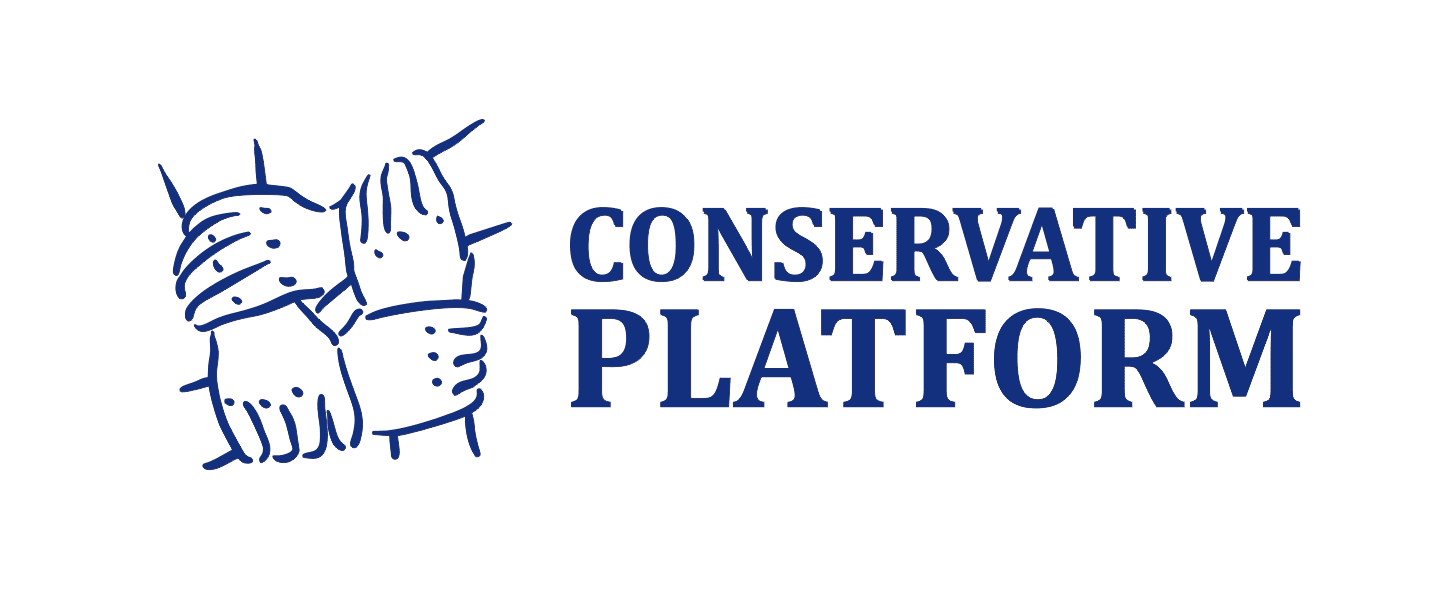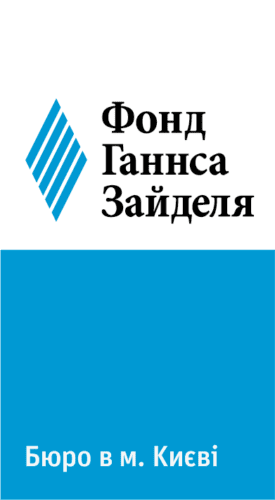Donald Trump’s return to the White House and the deterioration of relations between the United States and the European Union create a new geopolitical context that requires a deep reflection on Ukraine’s national interests. Trump’s imposition of significant tariffs on European goods is not just an economic challenge, but also a test for the idea of Euro-Atlantic solidarity.
From a Ukrainian perspective, these events are of particular importance, as the stability of transatlantic relations is critical to Ukraine’s security in its fight against Russian aggression. Nevertheless, the current situation provides a unique opportunity to rethink the foundations of European integration and update the vision of Europe’s future with a view to Ukraine’s interests.
For Ukraine, it is especially important to look at the origins of European integration. Robert Schuman, Konrad Adenauer, and Alcide de Gasperi, the founding fathers of a united Europe, saw European unity not only as an economic project but also as a moral revival of the continent after devastating wars. Schumann emphasized that “Europe will not be created overnight or according to a single plan. It will be built through concrete achievements that first create actual solidarity.” This gradualism and focus on practical results is in line with Ukraine’s interests in the process of European integration.
The current challenges posed by the Trump administration are an occasion for Europe to strengthen its own subjectivity in international relations. It is in Ukraine’s interest for the EU to strengthen its position in areas where it is overly dependent on the United States, such as defense and energy, as a stronger and more independent Europe will be a more reliable partner for Ukraine.
The growing support for the idea of creating a single European army reflects a deep-seated need to strengthen European solidarity. For Ukraine, given the bitter experience of confronting Russian aggression, it is crucial that this initiative is not in opposition to NATO, but as a complement to it, strengthening the European pillar of the Alliance.
In the economic sphere, in response to US protectionist measures, Europe should focus on internal consolidation. Building a single market, reducing dependence on external actors in critical sectors, and fairly distributing benefits among all regions and social groups is the path to real economic sustainability, which is also in Ukraine’s interest as a future EU member.
For Ukraine, which aspires to join the European Union, the current challenges are a reminder of the need for a deep understanding of the values of the European community. Ukraine’s integration into the EU is not only a geopolitical choice or an economic necessity, but also a civilizational choice in favor of a society built on the principles of human dignity, solidarity, and effective distribution of powers.
As Konrad Adenauer noted, “it is a mistake and a dangerous mistake to underestimate the difficulties of achieving European integration.” These words are especially relevant today, when Europe is facing numerous challenges – from economic pressure from the United States to Russia’s hybrid aggression, from the migration crisis to energy dependence. In these conditions, Ukraine needs to maintain a strategic vision of its role in the European architecture, demonstrating its readiness to contribute to common security and prosperity.
From the point of view of Ukrainian interests, the future of Europe should not be based on confrontation with the United States, but on building partnerships based on mutual respect and shared values. In this context, Ukraine, which defends not only its sovereignty but also European values against Russian aggression, can become a bridge to restore transatlantic unity on a new basis.
Today’s challenges, in particular the confrontational policies of the Trump administration, are not only a threat but also an opportunity for Europe to rethink the meaning of European integration and revive the vision of a peaceful, prosperous, and solidarity-oriented Europe. It is important for Ukraine to ensure that this process takes into account its interests and contribution to common European security.
Despite the current difficulties, there is still room for optimism. The history of European integration shows that new opportunities emerge from challenges, and a crisis can be the beginning of renewal and revival. In these processes, Ukraine seeks to be not a passive observer, but an active participant, contributing to the formation of a secure, democratic and prosperous Europe.




